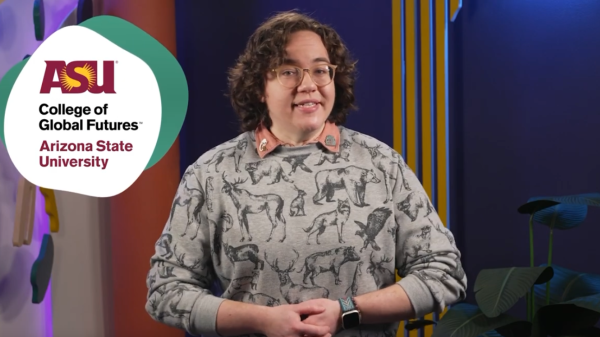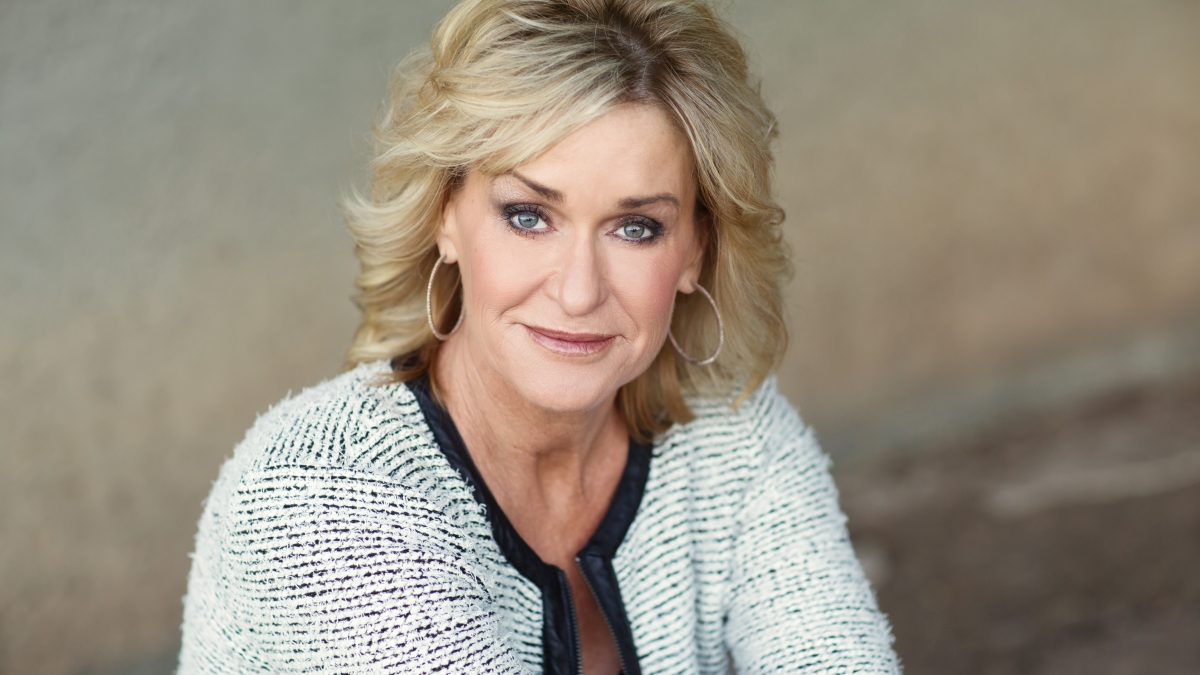Editor's note: Leading up to Homecoming, we'll be running several stories a week on ASU alumni. Find more alumni stories here.
With a bachelor’s degree from the School of Sustainability and a master’s in business administration from the W. P. Carey School of Business, it should come as little surprise that local entrepreneur Margaret Dunn’s business is one that does its part to help out Mother Earth.
As the president and CEO of Dunn Transportation, Dunn oversees a fleet of vehicles — most notably Ollie the Trolley, a Mill Avenue fixture — that provides a more carbon footprint-friendly transportation option to Valley residents.
Dunn hopes to see society become less “auto-centric” and more “people-centric,” crediting a society and sustainability course she took at ASU with giving her the inspiration to create a charitable division of her business — Rosemary, Connecting Center City Kids to Nature, Adventure and Culture.
Dunn Transportation received the Spirit of Enterprise Overcoming Adversity Award from the W. P. Carey School in 2011 and the Sun Devil Select Award in 2015.
Question: When did you know you wanted to be an entrepreneur?
Answer: While attending ASU from 1982-1985, I got a part-time job driving trolleys in Scottsdale and learned all aspects of the business from Molly Trolley owner Scott Merrill (a fellow ASU alum). He was young and successful so I thought, “I can do this in my hometown of Omaha, Nebraska!” I left ASU and started Ollie the Trolley in January of 1986. I was 21 years old, so young and naïve, but very determined.
Q: How did ASU help get you there?
A: One summer day in 2008, a huge postcard came in the mail reading, “Isn’t it time you go back to college?” That was a sign, so I went on ASU’s website and jumping off the screen was the School of Sustainability’s page, as it was the first year for the school. I went down the next day to sign up and started classes in the fall of 2008. I loved being in school, took great classes and had awesome professors.
One class in particular, society and sustainability, inspired me to create Rosemary, Connecting Center City Kids to Nature, Adventure, Culture and Fun. We provide free transportation for kids and take them places most have never been before, like the Phoenix Zoo, The Nutcracker ballet and the Arizona Science Center. Rosemary is my mom; she raised 10 kids and was a truly inspirational woman. She passed last year, but her programs keep going strong.
Q: What is the most difficult aspect of running your own business?
A: Making sure you stay ahead of the curve; being relevant and responsive to customers; managing sustainable growth; staying motivated; and always challenging yourself to be a better leader.
Q: What is the best part?
A: We have a great team and we laugh a lot. It’s super cool to love what you do every day, even after 30 years.
Q: With advances in transportation, such as self-driving cars, what do you see in the future for public transit systems and transportation in general?
A: My hope is our society becomes less “auto-centric” and more “people- centric,” offering more and improved options to our aging population and millennials; bus service, light rail, biking and walking alternatives incorporated into comprehensive street programs.
Q: What advice would you give to someone looking to start their own business?
A: Create a thorough business plan and get feedback from objective, honest people. Be determined to succeed. Be positive, passionate and enthusiastic. Never let them see you sweat. Really love what you do.
More Environment and sustainability

Floods linked to rise in US deaths from several major causes
New research, co-authored by Arizona State University Assistant Professor Aaron Flores and published in Nature Medicine, uncovers a concerning link between severe flooding and increased…

ASU partners with education production company to share research with online learners
Through Arizona State University’s partnership with Complexly education production company, the online educational initiative Study Hall has forged a new pathway for students to earn college credits…

First-year students get immersive cultural, sustainability lessons in Costa Rica
Studying abroad can be a life-changing experience for any student, let alone a new student who just completed their first semester in college.That's what more than 50 Arizona State University…


